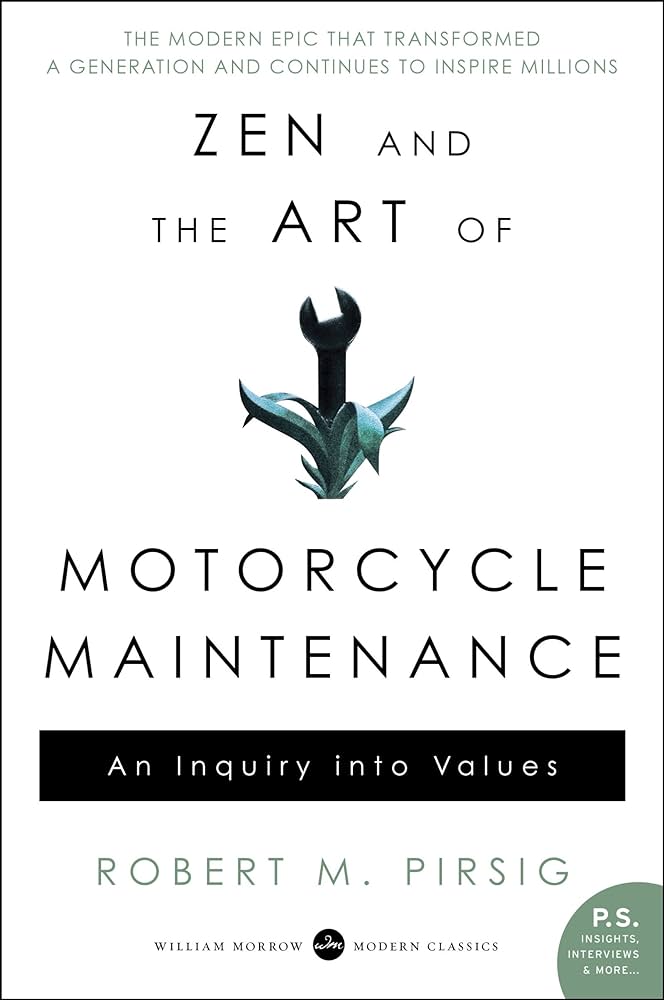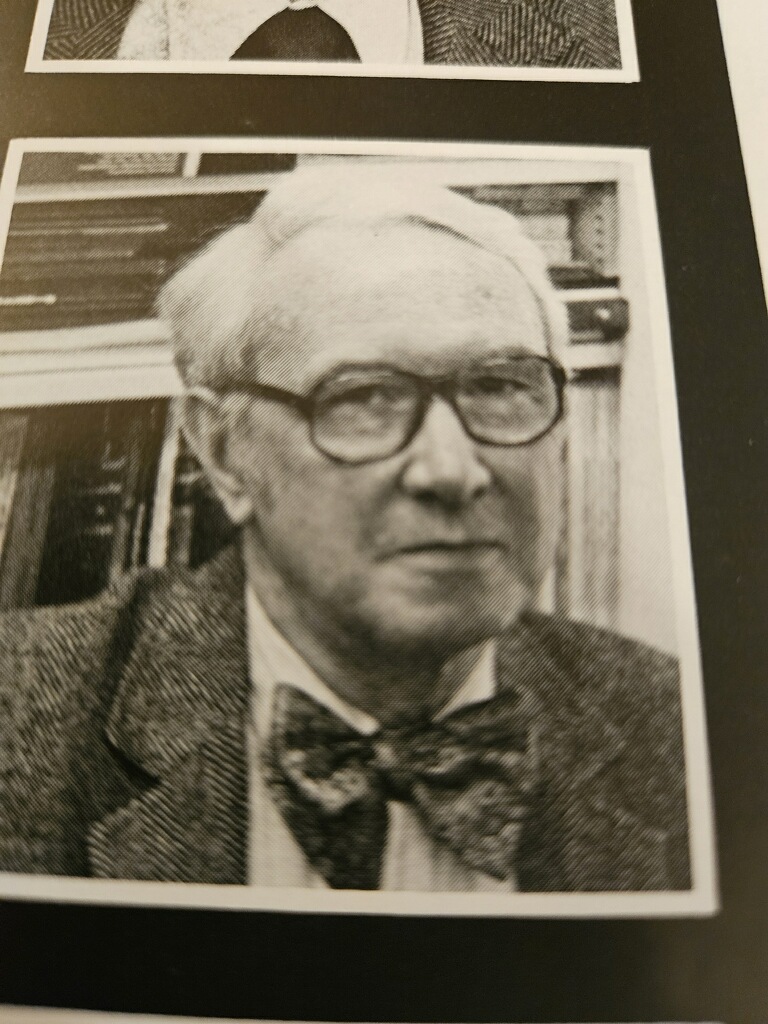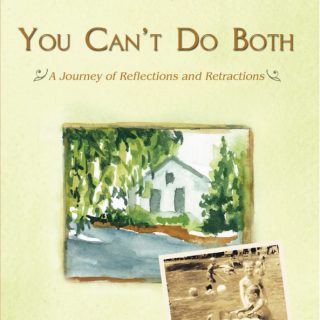The time was long ago, yet the vibrations and imagery were as fresh as the events of yesterday. In the early September of 1978, the world seemed to be between maladies, if only for the moment. Inside the head of an 18-year-old , who was away from his tiny acre, his mind was more tumultuous than what would be deemed normal by his peers and adults who crossed his path. As he entered the first class of his college artriculation his thoughts were between concern and numbness. He took a seat, in the back row, a large gap separated himself from the instructor, but was not completely isolated from the rest of the students. Freshman English was mandatory fare in most liberal arts institutions across America. The core subjects, a spot of religion, philosophy, and the sciences were fit into a broad curriculum that assured the future graduates were exposed to a variety of tastes on their way to a sheepskin. For himself, freshman English appeared as frightening as the rest of his first semester schedule which included intermediate French, and American History. He had arrived on campus as a declared communications major. English had been his best, most accomplished field in high school, but this academic specification of college grammar and literature made him queasy. He was not sure of anything, except that he was inwardly petrified of his current situation yet determined not to expose himself. The professor entered the newly constructed Center for the Arts building after most of the class participants had settled in ready to let the learning commence. The “lone ranger” in the rear had one goal, a singular motivation: personal survival. A piece of paper, which he discovered was called a syllabus, was passed out to each class participant. It contained a listing of homework assignments, as well as scheduled exam dates. ‘Holy Batman’, he muttered under his breath. The syllabus contained the name of the one required novel which could be purchased in the student bookstore. Most of the other reading materials were grammatical journals on spelling, punctuation, and sentence construction. At the very top of the syllabus was a novel that he noticed was written only four years ago. ‘Zen and the Art of Motorcycle Maintenance’ written by Robert M. Pirsig.

The professor could not have been better caste as the elite wise sage. He could have effortlessly played the part of ‘Mr. Charles Edward Chipping’ in the classic version of the famed film ‘Goodbye Mr. Chips’. Dr. Thornburg looked like a mixed clone of Robert Donat (1939), and Peter O’ Toole (1969) who each performed to separate generations as the English boarding school headmaster ‘Mr. Chips’. The tale spun insightful lessens of a teacher guiding young men as they were coming of age. Dr. Thornburg, beyond appearance, was a vintage academic. For the late teens under his charge, he had the look of a man well in his 50’s, closer to the end of his career than the beginning. On that first day of the new semester, he adorned what turned out to be his standard attire for classroom presentation, a bow tie in a full suit effect. His audible delivery was deliberate and measured. He was doing what he been called to do (within the rigid parameters of a structured curriculum); get impressible immature minds to think for themselves. For the angry young man in the back of the room there wasn’t much of a chance for the crafty mentor to penetrate the firm shell which had only started to harden. The first day of class was dismissed and the confused kid headed directly to the school bookstore, located only a football field away. He made one purchase, “Zen and the Art of Motorcycle Maintenance” His ride, still fully loaded with his luggage, made the way up Chew Street to locate what would be his home for the next four years.

The back parking lot of Martin Luther dormitory was adjacent to Memorial Hall the center of all athletic activities on campus. The official Orientation Weekend for freshman had ended the night prior. He left his baggage behind and started his sojourn to find his living quarters with not a single connection as to how, or where the cards would fall. The room number was 250, which turned out to be both the closest dorm room on campus to Memorial Hall and the smallest in geographic size. These are the leftovers you get when you are barely invited to the party and are the last to show up. The connections have been made and the plans have already been laid out. Leaving behind all his belongings he tepidly climbed the stairs to the second floor with nothing in his hand but his Book on motorcycle maintenance. On the first day of classes of the fall semester of 1978 it was eerily quiet as he knocked on the first door on the left. No answer. So, he walked through the unlocked door to find a sparsely decorated room, especially what was to be his side. On the left as he entered there was a life size poster of what looked to be some sort of modern-day James Dean. The young man on the poster was wearing a white tee-shirt (sleeves rolled) and a pair of faded levies, neatly coordinated with a pair of black army boots. The disturbing fact was that the new arrival had no idea who the man on poster was. It wouldn’t take long before he got an introduction, and to hear all about, (without much choice in the matter) everything “Boss”. The man on the wall, who was born to run was posing for his latest non-commercial album ‘Darkness on the Edge of Town’. But in the immediate moment he mumbled to himself, ‘who the fuck is that greaser’ while finding a seat on his naked bed gripping tightly to only to his copy of ‘Zen and Art of Motorcycle Maintenance’.
From the moment he saw ‘the title’ on the syllabus he knew that the presentation of the cover was going to be the major obstacle to him embracing this novel. First off, ‘who the heck is Zen?’ Next, motorcycles were a turn off for him, as was the maintenance of any kind of machinery. He flipped through the pages, ‘too long winded to keep focus.’ A story of a father and son traveling through the desolate landscape of the Dakota’s, Wyoming, and Montana. As he read ahead there appeared to be nothing but storms on the horizon; tornadoes, hail, heavy rain, extreme range in temperatures to go along with high winding mountain roads. The back jacket insinuating that amid their travail’s the father and son were chasing ghosts that had been on their route in a different era. Sitting alone, in the early afternoon light streaming into the Martin Luther dorm room, staring at the poster on the wall and clutching this ratchet story he forced back tears while assessing his plight. ‘This is it,’ he whispered to himself. It is time to buckle up and face the music. The metaphors had him surrounded, but this 18-year-old didn’t understand the definition of metaphor nor was he able to recognize one. He took one more look at the poster on the opposite wall and the book in his hands. ‘Man am I a long way from New Paltz’ . He shook his head silently before making his way back onto the grounds of his new home in search of the Ettinger Building and his second collegian class, intermediate French.
That first semester of college in the fall of 1978 would turn out to be the most transforming of his life. He didn’t get past page ten of his first reading assignment and still maintains not a recollection of any discussions that Dr. Thornburg had with the class regarding the only assigned novel. The professor was generous enough to give the lackluster student an average grade for a below average performance. At the time, freshman English had very little impact on the growth that would happen within himself the next four years. He changed majors twice, joined a fraternity, played some basketball, was shot by cupid’s bow once, maybe twice, and overall called the college experience ‘a successful step’ to the beginning of the rest of his life. After receiving his BS in American History, he left the stage and headed into the world of education as a teacher of history.

Flash forward 46 years, the same kid, now nearing the end of his personal journey, was browsing in a bookstore looking somewhat settled and appearing to be in no rush. The book’s title was not going to confuse him all these years later. His eyes fell upon Robert Pirsig’s ‘Zen and the Art of Motorcycle Maintenance’. He had barely noticed that through the years Pirsig’s metaphorical mechanism examining the journey of life, told through the steady voice of the narrator, had gathered a cult like following. His eyes were fixed on the edited cover. There it was again, unexpectedly staring at him one more time through all the in-betweens. He had heard some of the fanfare, “it will change your life.” The still cynical older man gave his reaction inaudibly, ‘yeah, yeah’. There was a long hesitation before he reached down and picked up the 440-page text and walked bewildered to the checkout line. Could it have been Dr. Thornburg had a premeditated long-term plan for his freshman charges? How could a scholarly man like himself, think anyone in that class had lived enough life to comprehend the massive metaphors of the human condition as freshmen in college? Did he expect any adolescence would to be able to absorb a story of the possibilities of past lives and connecting those possibilities to the lives we were struggling through in the present? Was it possible he could think that far into our futures? “They may not get this now, but someday if they are fortunate enough to survive deep into life this book will come back to them.” Could the wise professor be that prophetic? He thought about Dr. Thornburg as he read the book cover to cover, word for word, within a couple of days this time around. In between the lines of the pages some of the answers to the questions he didn’t know how to ask in the days of his maturation lie right in front of him. When he finished there was no regret, only appreciation.

